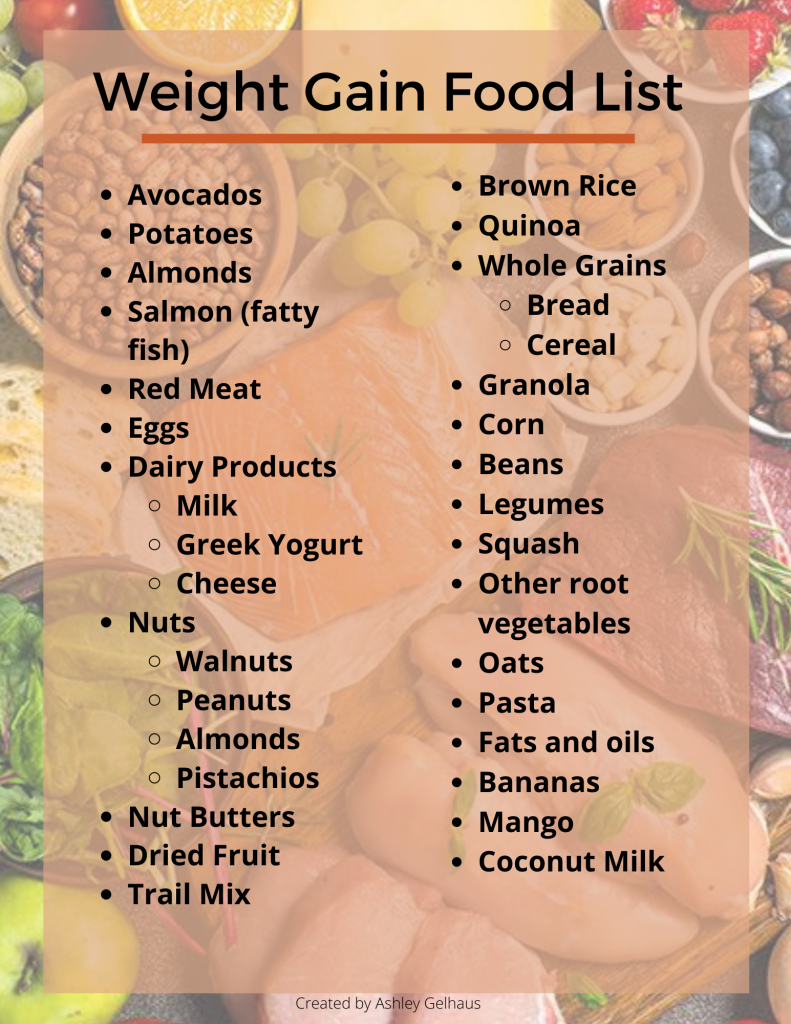Click Info Track: Your Daily Dose of Insights
Stay updated with the latest trends and information across various topics.
Muscle Feast: Eating Your Way to Gains
Unlock your full potential with Muscle Feast! Discover the ultimate nutrition secrets to fuel your gains and transform your body.
Top 10 Protein-Rich Foods to Fuel Your Muscle Gains
When it comes to building muscle, protein-rich foods are essential for fueling your gains. Including a variety of these foods in your diet can optimize your workout results and promote recovery. Here are the top 10 protein-rich foods that you should consider adding to your meals:
- Chicken Breast: A lean source of protein, it packs about 31 grams of protein per 100 grams.
- Salmon: Not only rich in protein, but it also provides healthy omega-3 fats, with around 25 grams of protein per 100 grams.
- Eggs: A complete protein source, eggs contain about 6 grams of protein each and are versatile for any meal.
- Lentils: These legumes offer approximately 9 grams of protein per half-cup cooked and are great for plant-based diets.
- Greek Yogurt: With around 10 grams of protein per 100-gram serving, it makes a perfect snack or breakfast option.
Continuing our list, here are five more protein-rich foods that can contribute to your muscle-building journey:
- Tofu: A staple in vegetarian diets, tofu contains about 8 grams of protein per 100 grams and can be incorporated into various dishes.
- Quinoa: This whole grain offers around 8 grams of protein per cooked cup and is also a complete protein.
- Beef: A fantastic source of protein, lean cuts provide about 26 grams of protein per 100 grams.
- Chickpeas: Packed with about 15 grams of protein per cooked cup, they can be added to salads or made into hummus.
- Hemp Seeds: With approximately 9.5 grams of protein per 30-gram serving, these tiny seeds are great for smoothies or as toppings.

How to Create the Perfect Meal Plan for Bulking
Creating the perfect meal plan for bulking involves careful planning and a solid understanding of your nutritional needs. Start by determining your caloric surplus, which typically requires you to consume an additional 250-500 calories above your maintenance level. Consider calculating your macronutrient ratios, focusing on protein (1.2 to 2.2 grams per kg of body weight), carbohydrates (to fuel your workouts), and healthy fats. An effective approach is to break down your meals into 5-6 smaller servings throughout the day, ensuring you're hitting your calorie and macronutrient targets consistently.
Next, choose whole, nutrient-dense foods to fill your meal plan. Focus on incorporating lean proteins such as chicken, fish, and legumes, alongside complex carbohydrates like brown rice, quinoa, and oats. Don’t forget healthy fats from sources like avocados, nuts, and olive oil. To help stay organized, consider using a template or app to track your meals, making it easier to adjust portions and recipes to align with your goals. Remember, the key to successful bulking is consistency, so be prepared to adjust your plan as needed while monitoring your progress.
Common Myths About Muscle Building Nutrition Debunked
When it comes to muscle building nutrition, several common myths can mislead both novices and seasoned athletes alike. One prevalent myth is that you must consume an excessive amount of protein to build muscle effectively. In reality, while protein is essential for muscle repair and growth, the average individual only needs about 1.6 to 2.2 grams of protein per kilogram of body weight. Consuming more than this amount does not necessarily lead to greater muscle gains, and excess protein can be wasted through increased excretion and not utilized for muscle synthesis.
Another misconception is that carbohydrates are detrimental to muscle building. Many believe that cutting out carbs will lead to a leaner physique, but carbohydrates are actually crucial for fueling workouts and facilitating recovery. When you engage in intense training, your muscle glycogen stores diminish, and replenishing those through adequate carbohydrate intake is vital for performance and growth. A balanced diet that includes the right amounts of protein, fats, and carbohydrates is key to maximizing muscle growth and overall health.